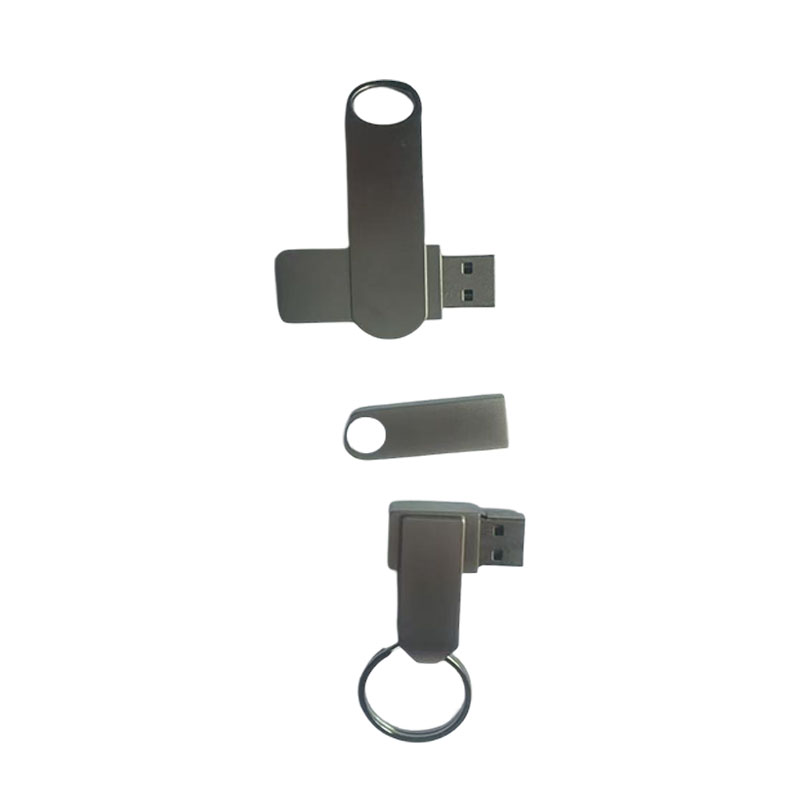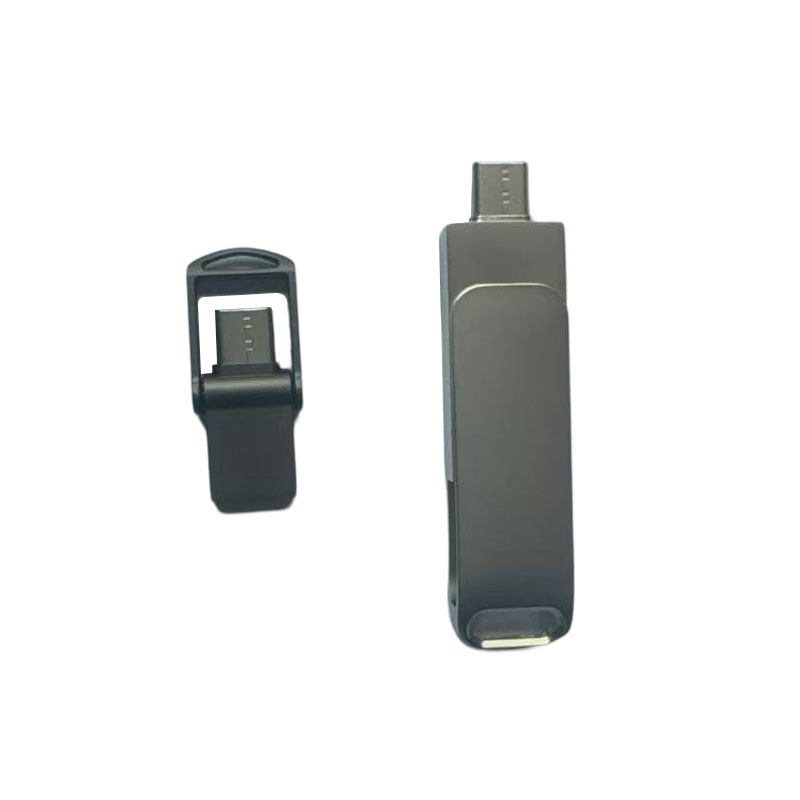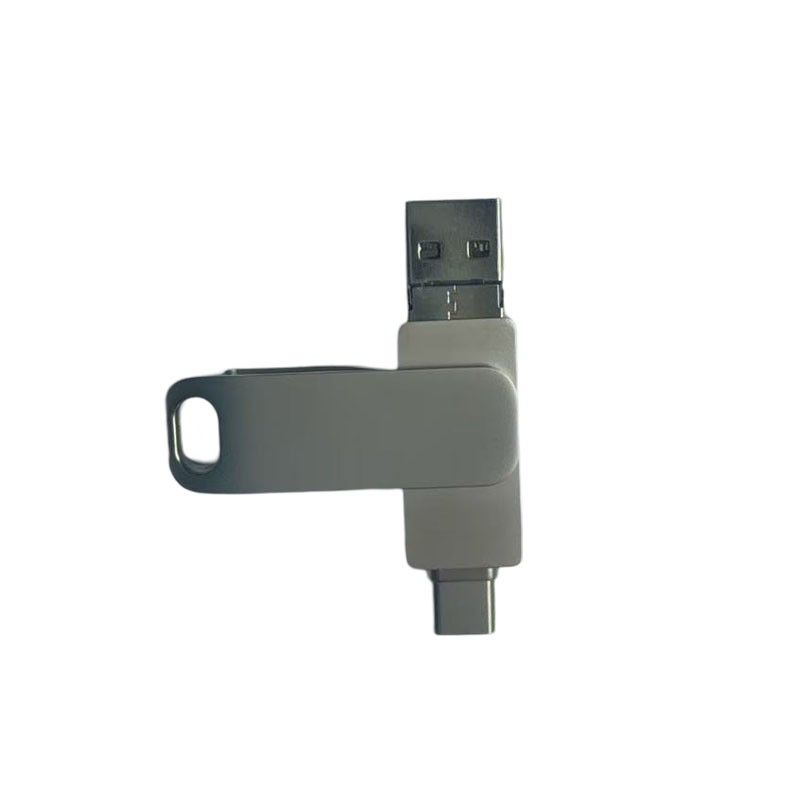How to prevent u disk from being infected by viruses and ensure data security?
Release Time : 2025-07-29
Preventing u disk from being infected by viruses and ensuring data security is an important topic that every u disk user should pay attention to. With the development of information technology, the network environment is becoming increasingly complex, and the threat of viruses and malware is also increasing. In order to protect our digital assets, a series of effective protective measures must be taken, from choosing the right u disk to daily usage habits, every link cannot be ignored.
First of all, when buying a u disk, it is crucial to choose a reputable brand. u disks from high-quality brands are usually equipped with built-in security features such as hardware encryption or write-protection switches. These features not only enhance the physical security of the u disk itself, but also provide an additional layer of protection for the data. For example, the hardware encryption function ensures that even if the u disk is lost, unauthorized personnel cannot access the data in it; while the write-protection switch can be enabled when you need to read the file but do not want to modify the content, effectively preventing viruses from infecting the u disk through write operations.
Secondly, it is a very necessary precaution to install reliable antivirus software and perform a full disk scan before inserting the u disk each time. Modern antivirus software can not only detect known virus signatures, but also use behavioral analysis technology to identify potential new threats. By regularly updating the virus database, antivirus software can respond to the latest security threats in a timely manner. Before connecting the u disk to the computer, develop the habit of turning on the antivirus software to scan automatically, so that potential threats can be discovered and isolated at the first time, avoiding further spread or damage caused by the virus.
In addition to relying on software protection, good usage habits should not be underestimated. Avoiding the random insertion of u disks from unknown sources is one of the basic principles for preventing virus infection. Whether it is in the workplace or for personal use, you should be vigilant and refuse to accept or borrow storage devices from unknown sources. In addition, try to minimize the use of personal u disks on public computers, because these machines often lack effective security protection and are more likely to become a hotbed for virus transmission. If you have to use u disks on public devices, be sure to perform a comprehensive scan in advance and completely clear temporary files and caches after completion.
For users who often need to exchange files, developing a clear file management strategy is also an effective means to ensure data security. It is recommended to classify and store files in u disks, separate important documents from ordinary materials, and create independent encrypted partitions for sensitive information when necessary. The advantage of doing this is that even if the u disk is unfortunately infected with a virus, the scope of loss can be minimized. Additionally, regularly backing up critical data on USB drives to a secure location, such as an external hard drive or cloud storage, will allow for quick data recovery in the event of an incident, mitigating risk.
Understanding and mastering basic data recovery techniques is equally important for maintaining data integrity. While we strive to prevent virus infections, knowing how to handle the situation properly is crucial in the unlikely event of an attack. For example, if you suspect a USB drive is infected, do not format the device rashly, as this could result in permanent data loss. Instead, immediately disconnect the USB drive from the host computer and seek professional data recovery services or attempt to recover the data yourself using specialized data recovery tools. Remaining calm and following the correct procedures during this process will help increase the chances of a successful recovery.
Finally, strengthening cybersecurity awareness is also crucial to preventing USB drive infections. Both corporate employees and individual users should regularly attend relevant training courses to stay up-to-date on the latest cybersecurity knowledge and technologies. By raising awareness of self-protection, users can better identify common attack vectors like phishing emails and suspicious links, thus avoiding careless virus infections. Furthermore, we should promote teamwork and encourage peer monitoring and reminders to create a safe online environment.
In summary, preventing u disks from being infected by viruses and ensuring data security is a systematic process involving multiple aspects, including hardware selection, software protection, cultivating good habits, and raising security awareness. Only by taking comprehensive measures can we effectively resist various threats and protect our digital assets from harm. As the cybersecurity landscape continues to evolve, we need to remain aware of new challenges and solutions, and constantly adjust our protection strategies to cope with the increasingly complex network environment.







